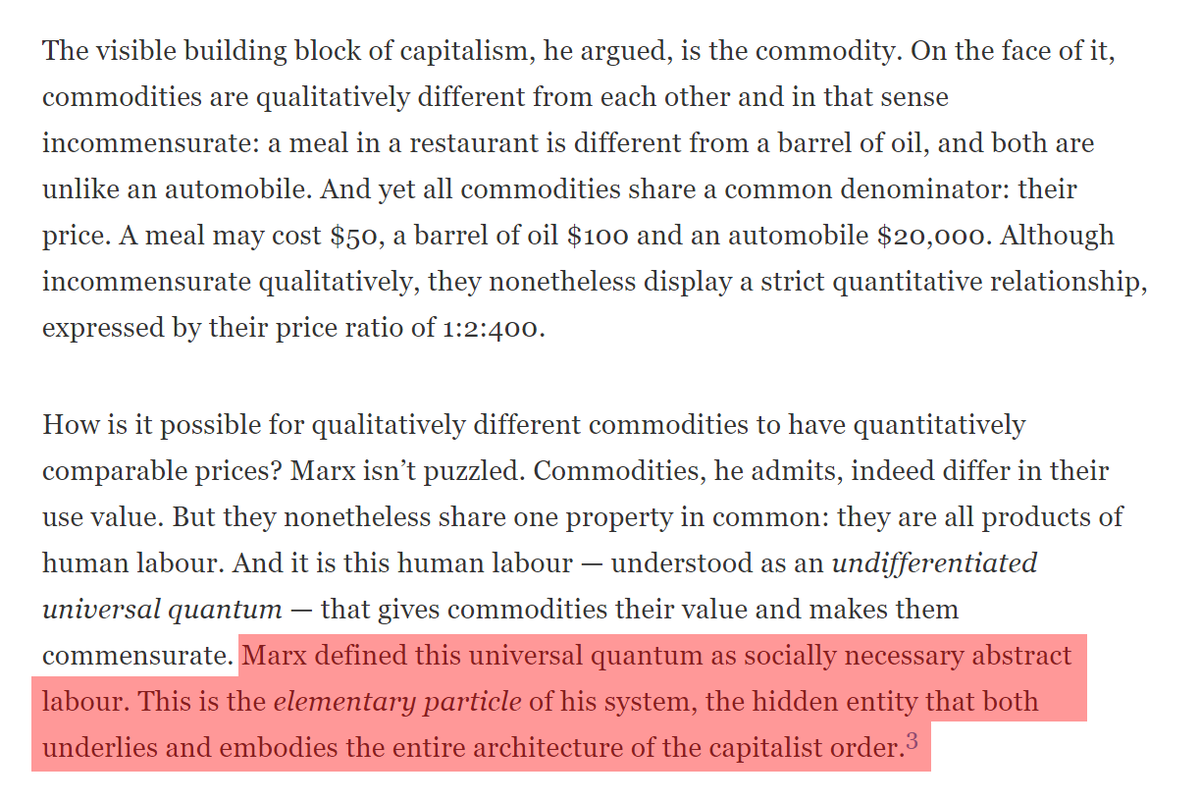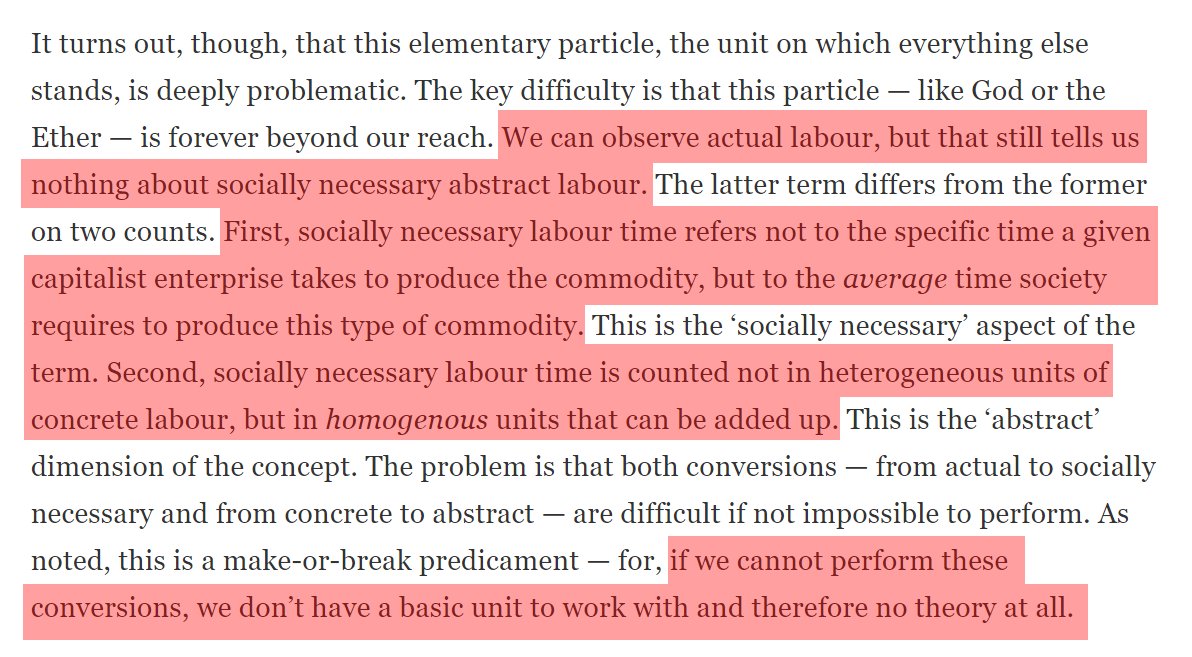
Lefties: What moral argument do you think is most persuasive for your vision of socialism / anarchism / social democracy?
imo the big three are:
- Egalitarianism: unequal power/wealth, esp. very unequal or unearned, is unjust
- Utilitarianism: classless world makes average person better off
- Flourishing/freedom: decomodification of labor enables real human flourishing / positive freedom
- Egalitarianism: unequal power/wealth, esp. very unequal or unearned, is unjust
- Utilitarianism: classless world makes average person better off
- Flourishing/freedom: decomodification of labor enables real human flourishing / positive freedom
this is where I want to start my theory blog series -- essentially asking what moral arguments for socialism are persuasive for different sets of people (not everyone values equality; not everyone values well-being of others; not everyone values positive freedom)
notes to self
- egality: class abolitn (power/hier/wealth)
- egality: luck egal & cap gains
- utility: efficiency (requires Q2.1)
- utility & self-interest: class abol and marg utility
- liberty: radical democracy
- liberty: decommod & freedm from mrkt
- util&liberty: alienation
- egality: class abolitn (power/hier/wealth)
- egality: luck egal & cap gains
- utility: efficiency (requires Q2.1)
- utility & self-interest: class abol and marg utility
- liberty: radical democracy
- liberty: decommod & freedm from mrkt
- util&liberty: alienation
• • •
Missing some Tweet in this thread? You can try to
force a refresh















